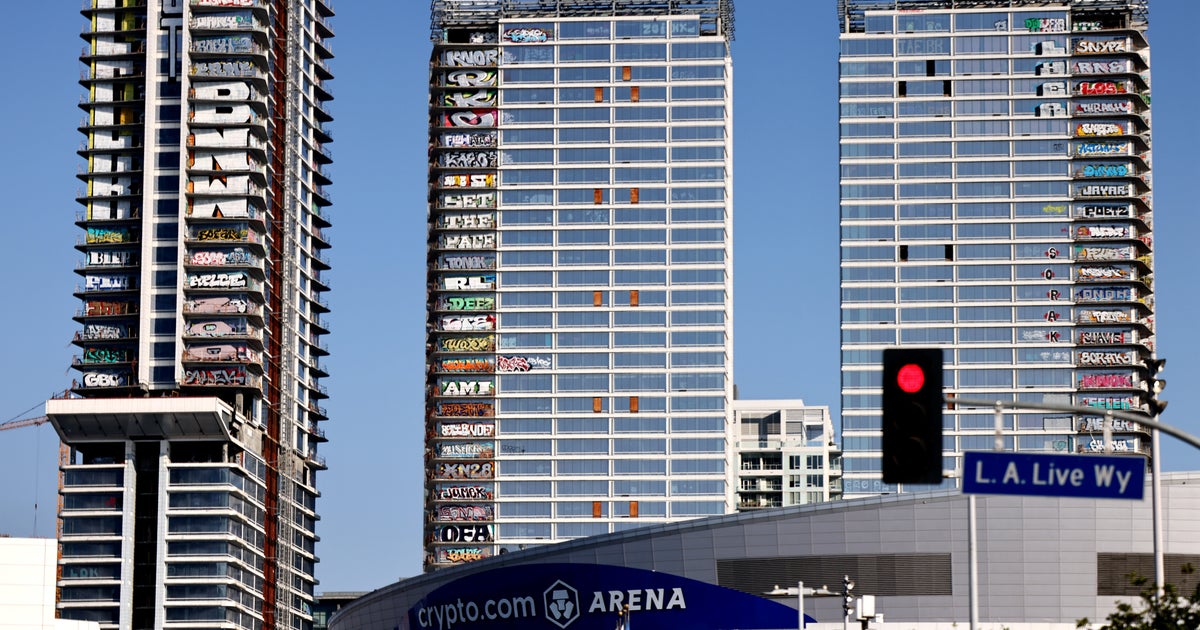In larger U.S. cities, affording a home is tough even for people with higher income
Even comparatively well-off Americans are struggling to afford a home in larger cities given the soaring housing prices in recent years.
According to new data from real estate investing platform Arrived, higher income earners — defined as those in the top 30% — can't comfortably afford to buy a home at any age in Boston, Denver, Los Angeles, New York, Sacramento, San Diego and Seattle. By contrast, In 2001 the top 30% of income earners could afford homes in some of these cities as early as age 24.
Even In less expensive real estate markets around the U.S., higher earners can't count on buying a home before they turn 40, Arrived found. In cities like Riverside and Portland in Oregon; Salt Lake City, Utah; Austin, Texas; and Washington, D.C., it now takes higher earners at least 20 more years to afford a home today than it did in 2001.
"We expected that it might take longer for middle-income earners and new job-market entrants, but we were surprised to see how far up the income spectrum you had to go based on how quickly homes have appreciated," Ryan Frazier, co-founder and CEO of Arrived, told CBS MoneyWatch.
When it comes to buying a home, the typical measure of whether a property is affordable is being able to buy it with a 20% down payment and spending no more than 30% of your pre-tax income on monthly payments. For its analysis, Arrived equated comfortably affording a mortgage to not spending more than 28% of pre-tax income on a down payment.
Arrived based its findings on data from the Federal Reserve's Survey of Consumer Finances in 2001 and 2022, while comparing home prices from Zillow for both years.
More recently, soaring mortgage rates and rising home prices have forced many aspiring home owners to give up on their dream of owning a home. In 2023, mortgage rates rose above 8%. with home prices hiting a new record in June.
"Interest rates are increasing and home prices have appreciated quickly since Covid. These two things combined have made homeownership much less affordable," Frazier said.
Some metro areas remain more affordable. Cites where the average amount of time it takes higher earners to buy their first home hasn't changed over the past 20 years include Chicago, Illinois; Columbus, Ohio; Houston, Texas; Kansas City, Missouri; and New Orleans, Louisiana, among others.



